
Find all about DPU Incoterms costs, responsibilities, and functioning of this delivery term in international shipping. Exporters and importers manual.
The international trade is based on standardized terms which are clear on the roles of buyers and sellers. DPU (Delivered at Place Unloaded) is one of the most flexible delivery terms incorporated in the eleven Incoterms that are set forth by the International Chamber of Commerce. DPU Incoterms can be very essential to international shipping businesses because they define by whom the costs and risks, including costs and risks of delivery, and obligations are to be borne during the whole process of the supply chain transportation.
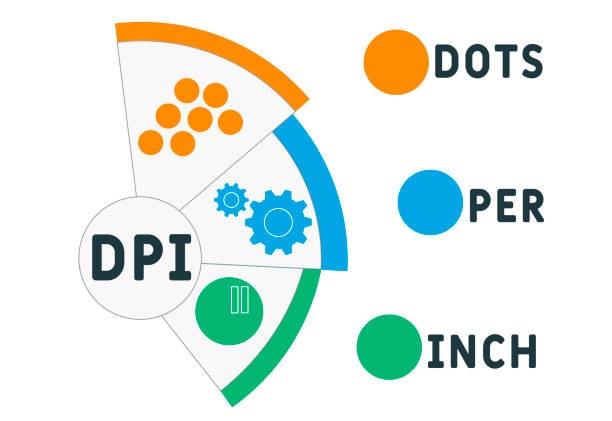
DPU Incoterms is a radical change in the terms of international trade as it has now substituted the former DAT (Delivered at Terminal) in the 2020 version of Incoterms. This switch correlates with the current logistics environment when cargos do not necessarily have to be delivered to the classical terminals, but so-called designated places can be selected where the goods may be unloaded. To companies that have to deal with multinational transactions, one of the insights of learning and understanding the DPU terms means that their operations may become more efficient, potential expectations become clear, and avoid problems that may arise in terms of disputes.
What are DPU Incoterms and How Do They Work?
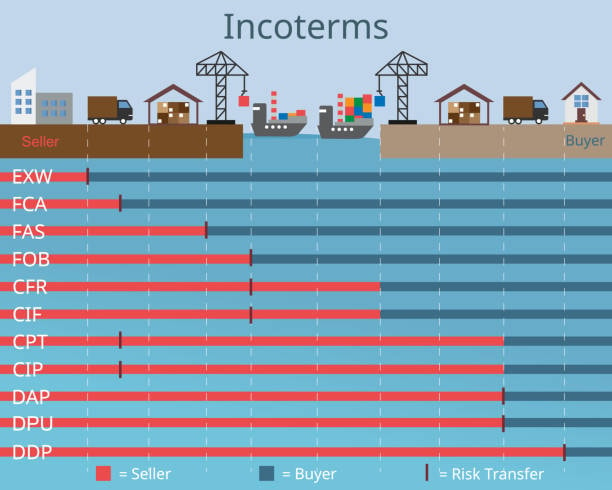
DPU Incoterms is delivered at place unloaded This is a delivery term in which maximum responsibility is on the seller in terms of the shipment, and the seller delivers the goods to the buyer at the designated place . With DPU conditions, the seller shall ensure that he/she or she loads the goods in a designated destination port, unloads them off the means of transport they arrive in, and avail them to the buyer. This is the term that puts the most responsibility on the seller in all Incoterm and this includes everything including export clearance to unloading at the end destination.
The essence behind DPU Incoterms principle is that the seller exercises ownership and control of goods until the time when they are actually discharged at the destination as agreed. This location may be configured anywhere i.e. in a warehouse, distribution center, construction site, or even in the specified destination of the buyer. And the most important distinguishing characteristic is that the unloading process, have to be organized and paid by the seller, this makes DPU stand out of the rest of the D-group Incoterms.
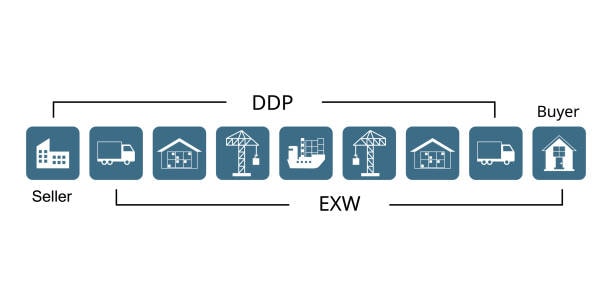
When the goods in DPU arrangements are unloaded, at the designated place, the risk is transferred. So far, the seller is made to assume all the risks related to loss of the goods or damage to them. Such multilateral coverage renders DPU to be especially appealing to purchasers that are unwilling to be closely engaged within the logistics solution and to the sellers that opt to use DPU terms that tend to have strong logistic solutions and want to control the whole supply chain.
Seller Responsibilities Under DPU Incoterms
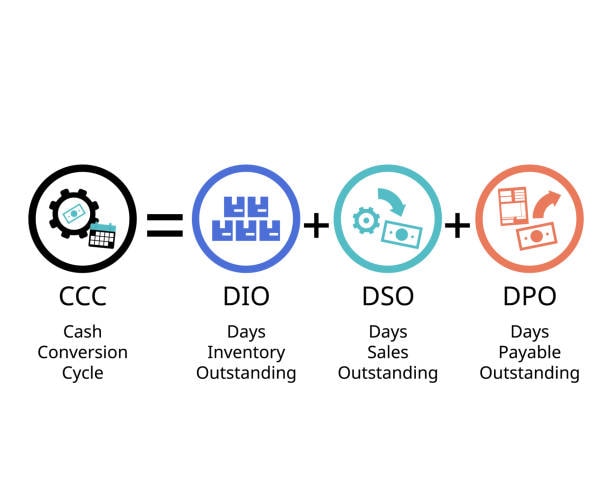
Under the DPU Incoterms the seller undertakes vast roles of all the logistics chain. The seller has to fulfill all the export procedures such as applying licenses, permits and customs clearance documents in the home country of the seller. This involves the preparation of commercial invoices, packing slip, certificate of origin, or any other legal documents demanded during the exportation of goods.
DPU-wise a seller has complete control over how transportation is organized. This includes securing of cargo space, scheduling delivery process at the seller premises, all the inter-transports, as well as arranging final delivery to the specified location. The seller should also obtain proper insurance cover to the goods, in transit and this covers any possible losses or damages that might be incurred in the course of journey.
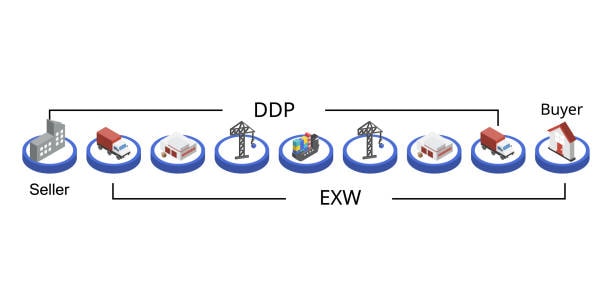
The most noteworthy is, perhaps, that DPU seller has the duty to organize and finalize the unloading of cargo at the delivery point. This is another necessity that differentiates DPU with other Incoterms, and it is associated with significant extra expenses and work organization. The seller should make sure that they have the short staff, machinery or hired services to unload the goods safely at the agreed destination. It is also a duty when it comes to coordinating with the local authorities, when any unloading permit is needed and when it comes to any local safety regulation.
Buyer Responsibilities and Obligations
Although the use of DPU Incoterms comes with great responsibility on part of the seller, buyers also have a part to play. The main buyer role is to undertake import clearances in the destination country. This involves the acceptance of import licenses, payment of duties and taxes charged on imports, including import customs formalities, and also meeting all the local requirements and requirements of importation.
The buyer should also give the seller correct and in time information on the place of delivery. This can be the information about the address in detail, access requirements, available unloading facilities, and instructions on special handling. Destination information should also be clearly communicated in order to achieve successful destination terminals as poor communication may also cause delays and increase expenses or fail to deliver.
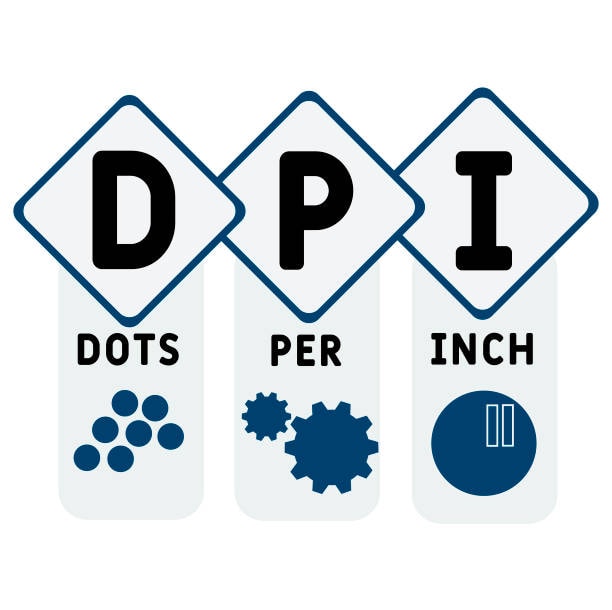
Another important buyer role according to DPU terms is risk assumption. The seller is at risk until the goods are unloaded but the buyers are fully responsible of the goods after they have been unloaded. This also involves making proper insurance on the part covering the post-skillet drawing, arranging on the part of storing in case there is no intention of using the lot immediately, and post-distribution or processing needs.
Cost Structure and Financial Implications
A full cost structure is proposed by DPU Incoterms, which has a great contentious influence on buyers and sellers. The major cost implication to the seller is the fact that he has to plan to spend on full porte à porte delivery services, including additional or special handling cost . Such expenses incurred are export documentation expenses, origin handling expenses, the primary transportation expenses (by shipping, air or ground), the destination handling charges, the costs of clearance of the custom in some instances, and most importantly, the expense of unloading of the end destination.

Unloading component of cost of DPU can be extremely high especially when cargo is heavy or oversized. Sellers will need to consider the prices of renting equipment, and paying workers, the cost of attaining permits, and possible demurrage cost in case an unloading job prolongs longer than anticipated. To firms making shipments to destinations that have limited infrastructure or even special unloading needs, such expenses can hugely influence the profitability of the entire transaction.
DPU terms are cost predictable on the side of the buyer since they are actually quoted a single price that includes delivery to the end destination. The buyers should however make provision of import duty, taxes, custom brokerage fees and other insurance they may want to continue after delivery. The economic benefit to the clients is that they have less to worry about when it comes to cost management and they can concentrate on their principal businesses and not on their logistics.
Risk Management and Insurance Considerations
Under DPU Incoterms, both parties should give a critical consideration to risk management and the major risk is on the seller. The sellers need to ensure they have extensive insurance covers on goods up to the destination where they are supposed to be unloaded, especially when assuming responsibility for high-value items . This insurance is supposed to cover most of the risks like theft, damage, and loss as well as prospective delay that can lead to loss of finance.
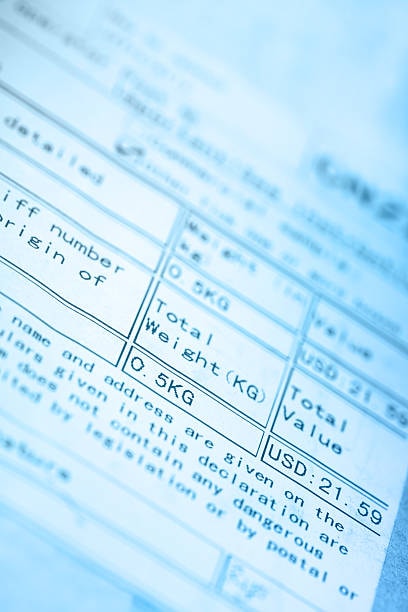
The point of transfer of risk critically in DPU transaction arises at the point of completion of unloading. Sellers are advised to make their insurance policies clear on the unloading process because it may pose high risks especially when dealing with products that are fragile or expensive. Insurance claims can become important with regard to unloading of products, and to this end, sellers will need to have comprehensive documentation of the ramifications of the delivery process and difficulties that are met.
Buyers must think of getting a contingent insurance cover which will be activated when unloading is complete. The method applies a smooth cover transition and provides against risks of lapses during risk transfer procedure. Also, buyers ought to ensure that their premises or their specified places of delivery can be used in the safe unloading of goods and storage till they are taken away.
Common Challenges and Best Practices
The implementation of DPU Incoterms is usually hindered by various practical issues that should be proactively managed. A major difficulty is to properly define the location and the requirements of unloading. To be able to unload truck inventory, sellers need to thoroughly evaluate the destination and comprehend the capability of satisfying this condition whereas buyers need to be precise in terms of access restrictions, availability of equipment and local requirements buyer’s country.
Another field of critical challenges is communication. Effective DPU deals involve coordination among the sellers, buyers, carriers, and local service actors at the highest level. Avoiding cost overruns and delay at the transport hub can be achieved by defining clear communication procedures, status reports and backup plan buyer’s premises. There is also a need to pay special attention to the documentation management since the DPU terms concern different parties and jurisdictions having different requirements.
Best practices of DPU implementation consist of detailed survey of destination facilities prior to shipment, structure performance and delivery schedules, documentation of all elements of the process, and creation of an understanding trustworthy local service providers locally import duties. Overall, a standing review and optimization of DPU processes can increase efficiency and reduce the cost in the long term import clearance.
DPU vs Other Incoterms: Making the Right Choice
The choice between DPU Incoterms and others should take into consideration the business capabilities, cost structures and customer choices. Unloading is an extra responsibility that DPU has as compared to DAP ( Delivered at Place), which is why it is more complete, and at the same time more costly to the sellers. The difference especially comes to play when heavy cargo needs to be loaded or when sites are places where unloading machinery is costly or where it is not easy to get the gear insurance paid.
Compared with the FOB (Free on Board) or CIF (Cost, Insurance, and Freight) terms, DPU is a rather different model of risk and responsibility distribution. Whereas the burden moves to buyers in FOB and CIF locations much sooner along the logistics chain, in DPU the sellers are under control until final offloading. This contrast has made DPU appealing to buyers because of the ease involved but highly expensive to sellers who do not have asset destination logistics options.
The decision regarding DPU relative to other Incoterms ones should reflect such aspects as logistics experience level, cost efficiency options, customer service-related goals, and risk management strategies. The benefit of such DPU may give the companies with good international logistics operations competitive edge and better customer dealings and simple terms with earlier transfer of liability may be attractive to the companies whose logistics resources are weak and delays in supply chain have a profound impact on the company delivered duty paid.
Conclusion
The DPU Incoterms can be considered the entire method of international trade in which the sellers bear tremendous responsibility and cause great convenience and fewer logistics complexities to the buyers. Knowledge of the specific responsibilities, expenses, and risks of DPU terms, especially regarding the buyer’s destination, matters a lot in cases of businesses contemplating this delivery arrangement. To succeed in DPU, it is necessary to have a properly planned error-free logistics, and effective communication among the involved parties risk transfers.
